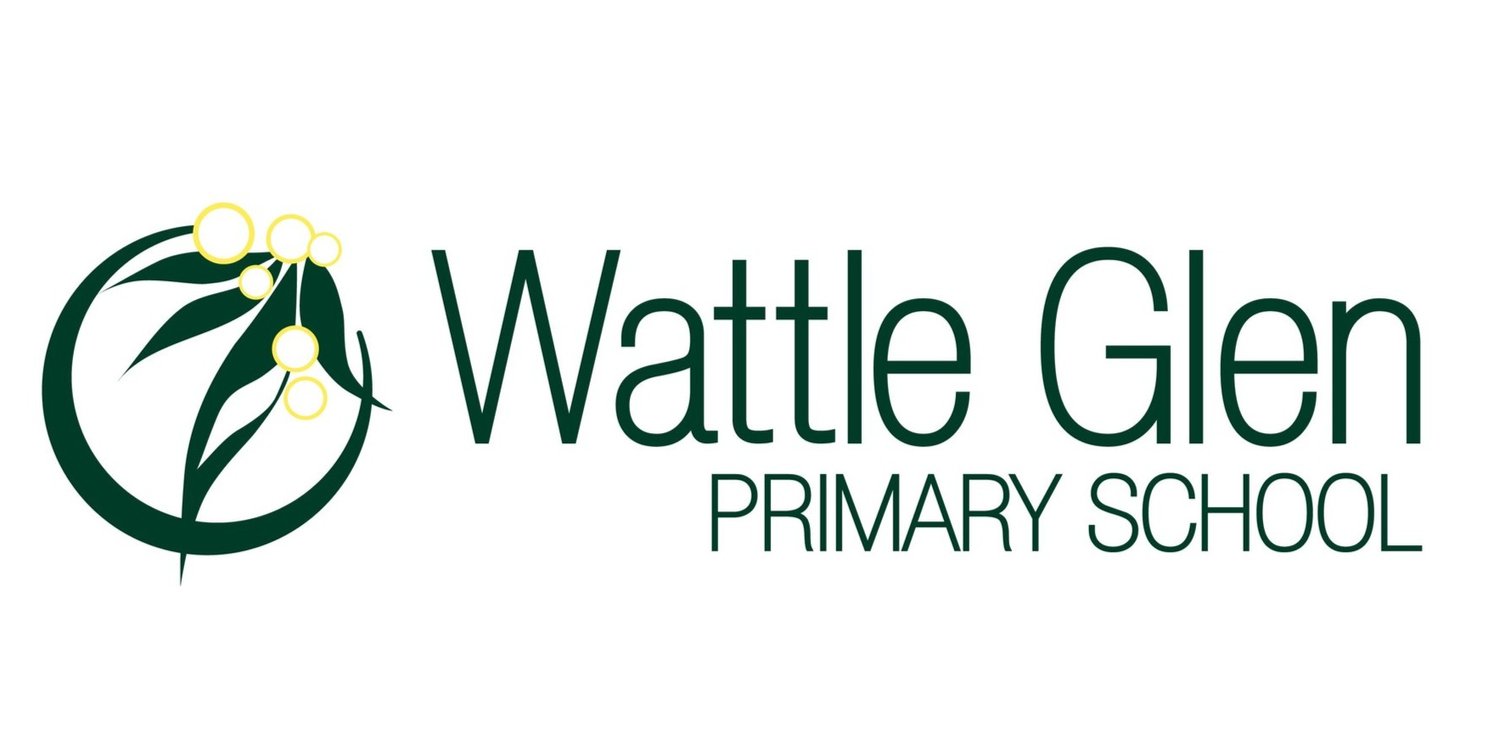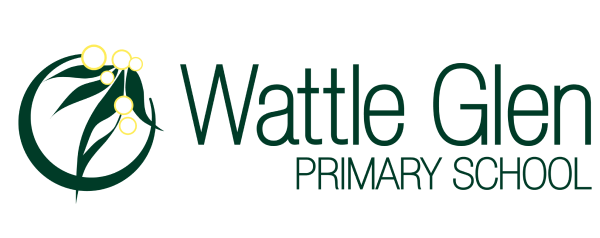Wellbeing
School Wide Positive Behaviour Support (SWPBS)
Wattle Glen Primary School is in the process of implementing the ‘SWPBS’ (School Wide Positive Behaviour Support) from 2022 onwards.
SWPBS is a framework to help organisations, such as schools, set a positive culture based around core values. (Staff, Students and Parents selected the values of RESPECT, KINDNESS, RESILIENCE and CURIOSITY in 2020.) Our Behaviour Expectations Matrix shows and teaches what these values look like in all the different contexts of the school.
We will continue to focus on different expectations in different settings throughout the year, teaching the expectations, and reminding students of expectations as they move through the different contexts so that we can help all students be successful learners and citizens. We seek to prevent situations that lead to behaviours of concern, teach alternatives, and reinforce expected behaviours.
We are excited to be on this journey and will continue to update you with information as it is developed.
PHILOSOPHY
At WGPS, the staff and students use a common language to discuss behaviour. There is a strong emphasis on promoting and acknowledging positive behaviour. Similar to academic learning, expected behaviours need to be taught.
PURPOSE
The purpose of implementing School-Wide Positive Behaviour Support (SWPBS) at Wattle Glen Primary School is to:
embed a common language and behavioural expectations for the whole school community
provide a safe and orderly environment to enhance learning
use evidence-based decision making using SWPBS data
provide a common teaching base in the form of a behavioural matrix
embed a culture of positive behaviour (as opposed to punishment) through explicit teaching
What is School Wide Positive Behaviour Support?
School Wide Positive Behaviour Support (SWPBS) is a school-wide framework for developing and explicitly teaching appropriate and positive behaviours. SWPBS comprises a broad range of systemic and individualised strategies for achieving important student social; and learning outcomes, while also preventing problem behaviour among students.
SWPBS practices and interventions have been designed using research and evidence that have been demonstrated to be effective. Introducing, modelling, and reinforcing positive social behaviour is an important step of a student’s educational experience. Teaching behavioural expectations and acknowledging students for following them is a much more positive approach than waiting for misbehaviour to occur before responding. When SWPBS is implemented well, teachers and students have more time to focus on relationships and classroom instruction.
Students and staff benefit from:
increased respectful and positive behaviour increased time focused on instruction
improved social-emotional wellbeing positive and respectful relationships among students and staff
adoption of evidence-based instructional practices
a predictable learning environment with improved perceptions of safety and increased attendance
Why is it so important to focus on teaching positive social behaviours?
In the past, school-wide discipline has focused mainly on reacting to specific student misbehaviour by implementing punishment-based strategies including reprimands, loss of privileges, office referrals, suspensions, and expulsions.
Research has shown that the implementation of punishment, especially when it is used inconsistently and in the absence of other positive strategies is ineffective.
Reward System
SWPBS focuses on multi-tiered interventions to promote positive behaviours. As apart of the tier one intervention we have put in place a whole school reward system called ‘Roo Rewards’.
Aim of the Reward System
At WGPS we have implemented a reward system to reward positive behaviours that are desired by the students. These positive behaviours are based on our four values of Respect, Kindness, Curiosity and Resilience. Our reward system is called 'Roo Rewards' and these rewards are distributed by staff when the students are seen displaying one or more of the values. The rewards are a menu of experiences that the students choose at the start of the year and are based off of the class's interests and desires. By implementing a reward system that is driven by the student's choices and formulated around the school values, an increase in positive behaviour is observed.
The Roo Reward System
At Wattle Glen Primary School, we use our four values of Respect, Kindness, Resilience and Curiosity to acknowledge and reinforce expected behaviours at both an individual and class level. There is a mascot for the Roo Reward system and it is a kangaroo holding wattle called "Hops" (see at the bottom of the page).
Individual Roo Rewards
Every student, in the school has the opportunity to earn Roo Rewards when they are seen displaying one or more of the values. This will be recorded on Compass and the rewards will compile. Students will be able to spend their Roo Rewards on their classroom items from the 'Reward Menus'. When the points have been spent, the points are deducted from their reward tally.
Whole School Roo Rewards
Once the student has collected 25 Roo Rewards individually, they will receive one Whole School Roo Reward. A whole school Roo Reward works towards achieving a collective goal for the whole school, this could be a free dress day, sports day, crazy hair day, etc. The whole school Roo Reward is one yellow pom pom to be stuck to the display outside Room 4, at the end of the hallway.
Once the display is full of 200 pom poms, the students will vote on their desired whole school reward from the four pre-voted options. These pre-voted options are decided upon at the start of every year.
Hops- WGPS SWPBS mascot
Buddy Bear Program
In 2018, Wattle Glen Primary School became a “Buddy Bear” school. The Better Buddy program has been designed as a curriculum resource for primary schools, to help us enhance our existing buddy program with a focus on peer support, building strong relationships and anti-bullying.
PATHS
Promoting Alternative Thinking Strategies (PATHS) is an evidence-based practice for building a positive social culture that will promote both social and emotional success. In 2019 our staff completed professional learning on this approach for social and emotional wellbeing.
In order to do this, we have a:
Common purpose and approach to social and emotional success
Clear set of positive expectations
Procedure for teaching expected behaviour
Continuum of procedures for encouraging expected behaviour
Continuum of procedures for discouraging inappropriate behaviour
Procedure for ongoing monitoring and evaluation




